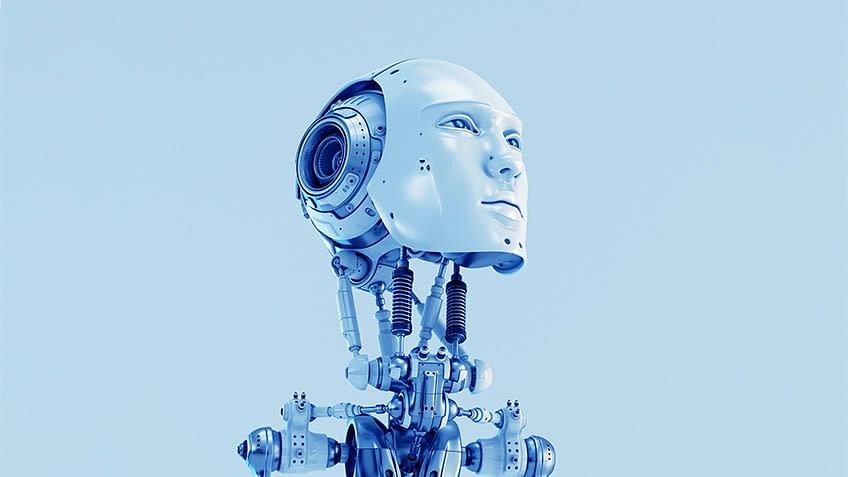AIM Uncovered
Exploring the latest insights and trends in technology and innovation.
AI: The New Muse in Creative Industries
Discover how AI is revolutionizing creativity, inspiring artists, writers, and musicians like never before. Unlock your creative potential today!
How AI is Transforming Creative Processes in Art and Design
Artificial Intelligence (AI) is revolutionizing the landscape of art and design, fundamentally changing how creative processes are approached. By automating repetitive tasks, AI frees artists and designers to focus on innovation and creativity. Tools harnessing AI capabilities allow creators to generate new ideas, explore a vast range of styles, and even assist in the execution of complex designs. For example, algorithms can analyze existing artwork and suggest variations, thus acting as digital collaborators that expand the creative toolkit.
Moreover, AI technology is fostering a new realm of interactivity within art and design. Through machine learning, artists can develop personalized experiences that respond to user interactions, thereby blurring the lines between creator and audience. As AI continues to evolve, it will not only augment human creativity but also challenge traditional notions of authorship and originality. This transformation in creative processes ignites important conversations about the future of art and design in an increasingly digital world, where collaboration between human intuition and AI capabilities becomes paramount.

The Role of AI in Music Composition: Collaboration or Competition?
The emergence of artificial intelligence (AI) in music composition has sparked a fascinating debate about its role as a collaborator or a competitor to human composers. AI tools, like algorithms and machine learning models, are now capable of analyzing vast amounts of musical data, identifying patterns, and generating original compositions. This capability allows musicians to leverage AI as a creative partner, enhancing their work by providing inspiration or automating repetitive tasks. As composers embrace these technologies, they find that AI can help broaden their creative horizons, enabling them to explore new genres and styles that they might not have considered before.
On the other hand, some critics argue that the rise of AI in music could lead to a competition that undermines the value of human creativity. As AI-generated compositions become more sophisticated, questions arise about authenticity, originality, and the future role of human musicians. Will AI replace traditional composers, or will it merely serve as an auxiliary tool that enriches the music-making process? The answers to these questions are still unfolding, as artists and technologists work together to navigate this evolving landscape. Ultimately, the coexistence of AI and human creativity could lead to innovative musical expressions that neither could achieve alone.
Can AI Replace Human Creativity? Exploring the Limits of Machine-Generated Art
The debate surrounding whether AI can replace human creativity has intensified with the rise of machine-generated art. While AI algorithms are capable of producing visually stunning works, the essence of true creativity often hinges on personal experience and emotional depth that machines cannot replicate. Critics argue that art is not just about the finished product but is also a reflection of the artist's journey, emotions, and unique perspective. In contrast, AI operates based on pre-existing data and patterns, leading some to question if the art it creates can ever possess genuine creativity.
Moreover, the limits of machine-generated art highlight the importance of human intuition and spontaneity in the creative process. For example, machines can analyze trends and generate pieces that adhere to certain styles; however, they lack the ability to feel inspiration or connect personally with a subject. This raises critical questions about the value we place on creativity: Is it merely a skill to be replicated, or does it require a human touch? As technology advances, the artistic landscape will inevitably evolve, but the role of human creativity in storytelling, emotion, and innovation remains irreplaceable.